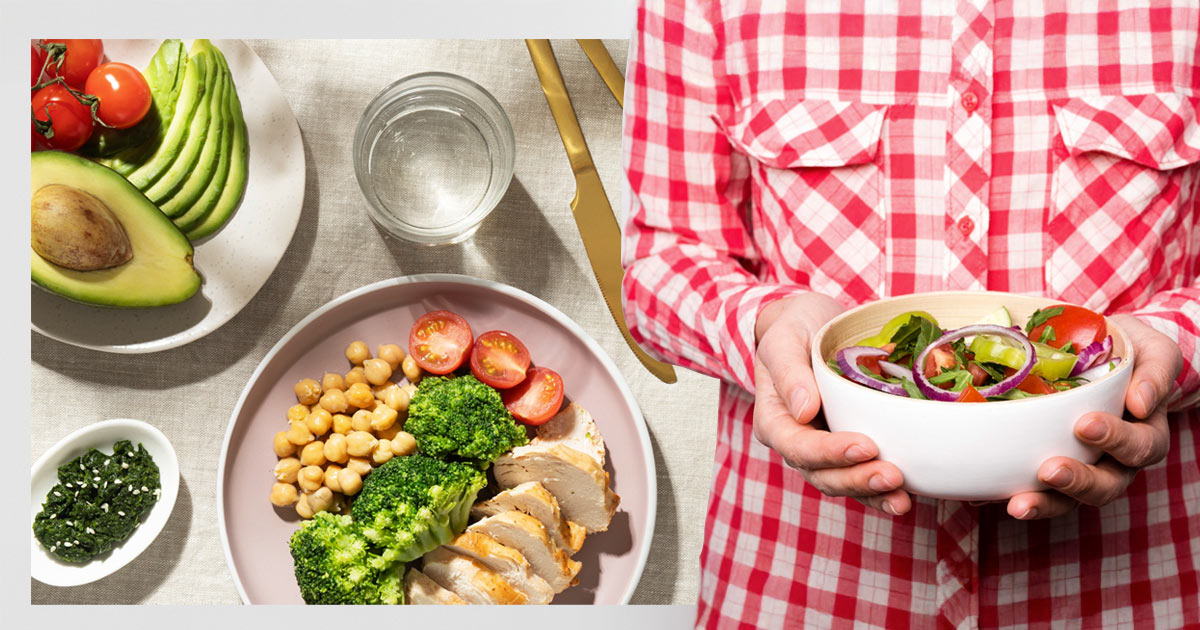Smart Eating for Bladder Cancer Care and Recovery

Eating well while dealing with bladder cancer doesn’t have to be complicated. Making smart food choices during treatment, or even after surgery, can help you stay strong, manage side effects, and feel a little more in control. There’s no magical diet that cures bladder cancer, but fueling your body with the right foods can make a big difference.
Here’s a look at foods to avoid, those you should include, and some tips to make eating a little easier when things get tough.
Foods to Ditch (or Limit)
First off, here’s what might not be helping your body during bladder cancer treatment or recovery.
1. Processed and Red Meats
Think sausages, bacon, or deli meats. Research shows too much of these can increase cancer risks. Instead, try lean options like grilled chicken, turkey, or plant-based proteins like lentils and chickpeas.
2. Sugary Stuff
No, sugar doesn’t directly feed cancer, but eating too many cookies, cakes, or sodas can lead to weight gain, which isn’t great for your overall health. If you’re craving something sweet, grab some fresh berries or make a smoothie with natural ingredients.
3. Alcohol and Caffeine
Tough love here, but these can irritate your bladder and make some symptoms worse. Swap out coffee for herbal teas or infuse your water with lemon slices for a bit of flavor.
4. Spicy and Greasy Foods
If you’ve got nausea or diarrhea (common during treatment), these could make things worse. Stick to bland, gentle meals like mashed potatoes or plain toast.
The Good Stuff You’ll Want to Eat
Okay, now for the fun part – what’s good for you? These foods are packed with nutrients to help your body recover and feel good.
Fruits and Veggies
- Berries (blueberries, raspberries, cranberries): Full of antioxidants that can help protect your body. Plus, cranberries may even support bladder health by fighting off infections.
- Leafy Greens (spinach, kale): Load up with these for vitamins and minerals your body needs, like magnesium and iron.
- Broccoli and Cauliflower (cruciferous veggies): They’re known for their anti-inflammatory powers and might even have some cancer-fighting compounds.
Protein Boosters
- Fatty Fish (salmon, tuna): These are loaded with omega-3s, which are great for reducing inflammation in your body.
- Eggs: Easy to cook and full of protein, they’ll help you rebuild strength quickly.
- Beans, Lentils, and Chickpeas: These plant-based protein options are also packed with fiber to keep your digestion regular.
Healthy Fats
- Avocados and Nuts (almonds, walnuts): They’re not just tasty; they’re great for your heart and energy levels.
- Olive Oil: Use this instead of butter when cooking to cut back on unhealthy fats.
Simple Heroes
Don’t forget whole grains like oatmeal, brown rice, or quinoa. These provide long-lasting energy and help keep things moving smoothly in your digestive system.
What to Eat After Surgery
After bladder cancer surgery, your body needs time to recover. The right foods can make a big difference.
- Soft, Gentle Foods First: Broths, pureed veggies, and yogurt are easier on your stomach.
- Small, Frequent Meals: Your appetite might not be the same, so try eating smaller portions throughout the day.
- Hydration is Key: Drink plenty of water or herbal teas. Avoid sugary drinks or alcohol.
- Add Fiber Slowly: After a major surgery, your digestive system might need time to bounce back. Options like oatmeal, sweet potatoes, and bananas can help prevent constipation without overwhelming your stomach.
Managing Symptoms With Food
Cancer treatments can throw off your appetite or make eating tricky. Here are a few tips to make things easier.
- Metallic Taste: If food tastes off, try adding a splash of lemon juice or eating with plastic utensils to take the edge off.
- Nausea: Stick to foods that are mild and easy to digest, like crackers or applesauce. Ginger tea can also help settle your stomach.
- Constipation: Drink more water and eat foods like pears (with skin!) or whole grain cereals to keep things moving.
- Diarrhea: Go for bananas, plain chicken, or rice to calm your stomach. Avoid fatty or spicy foods as they might make things worse.
How to Prevent Recurrence
While there’s no guarantee that diet alone will stop bladder cancer from coming back, eating smart can improve your overall health. One way to do this is by following a Mediterranean-style diet.
Mediterranean Diet Basics:
- Load up on veggies, fruits, whole grains, nuts, and lean proteins like fish.
- Use olive oil instead of butter.
- Avoid processed foods and sugary snacks.
Adding green tea to your routine could also help. Some studies suggest its antioxidants may reduce the risk of cancer cells growing.
Fueling Recovery and Health: Why What You Put on Your Plate Matters
Eating well isn’t just about dealing with bladder cancer – it’s about building a strong foundation for your health overall. The choices you make now can help your body recover better, prevent other health issues, and keep you feeling your best down the road. A good diet sets the tone for everything, from boosting your energy to protecting you from future illnesses.
Health is a journey, and every healthy choice gets you closer to where you want to be. Take it one step at a time, and trust that you’re giving yourself the best shot at long-term wellness. You’ve got this!
